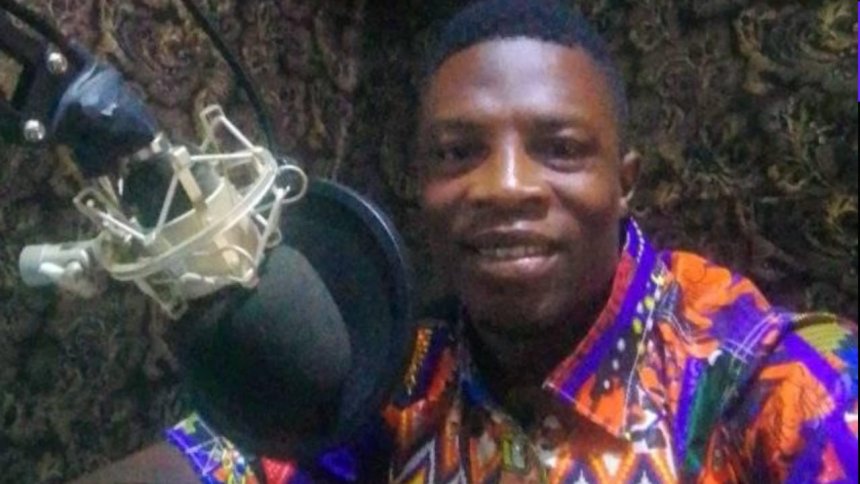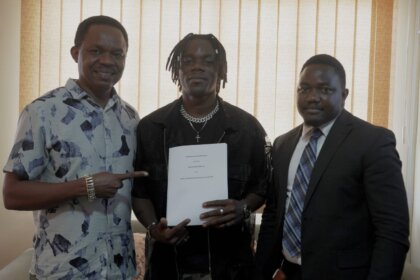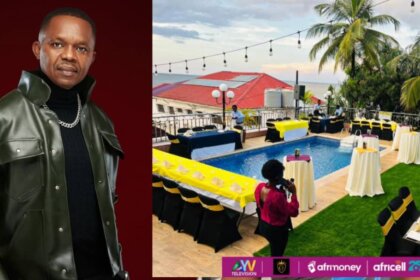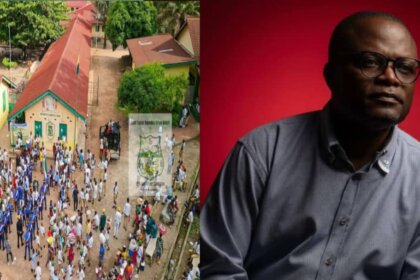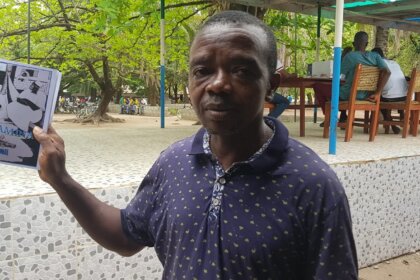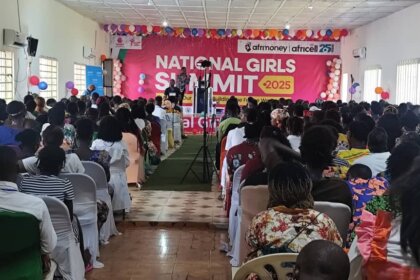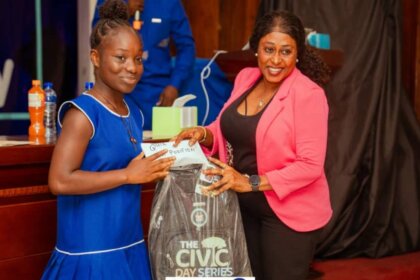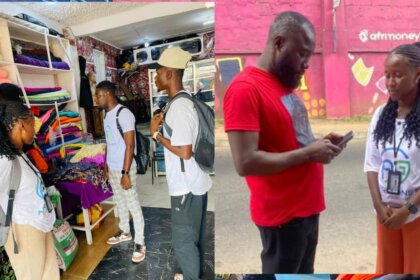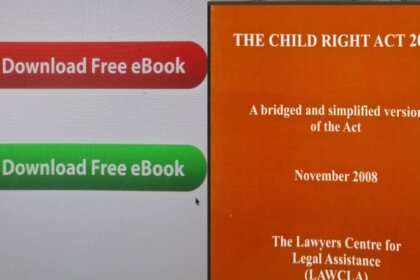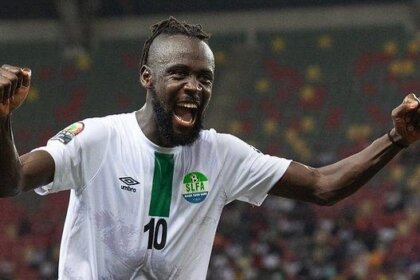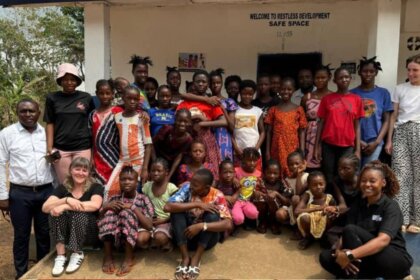The tragic killing of journalist Samuel Brima Mattia in Waterloo on January 16, 2025, has sent shockwaves through Sierra Leone’s media community, reigniting fears and frustrations regarding the safety of journalists in the country. Mattia, a committed reporter for VOPAD Radio 96.5 FM, was discovered dead in a pool of blood, prompting widespread outrage and raising alarm about the ongoing threats faced by media professionals. In an article published by Awoko Newspaper, journalists raise concerns
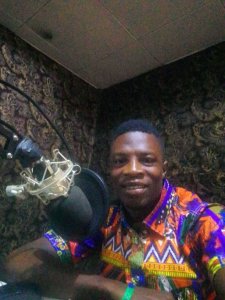
Heightened Security Concerns after Samuel Brima Mattia killing
In the wake of Mattia’s murder, journalists across Sierra Leone, particularly in Freetown, have voiced serious concerns about their personal safety. Many fear that they could be the next targets due to their critical reporting on societal issues. Ishmail Saidu Kanu Esq, a sports journalist and former Public Relations Officer of the Sports Writers Association, expressed his shock: “The manner in which he was killed makes it even more terrifying. Journalists are truly not safe in this country”
. The call for a thorough investigation into his death reflects a desperate need for reassurances about journalist safety.
A Call for Justice and Protection after the killing of Samuel Brima Mattia
Media organizations and individual journalists have united in demanding swift justice and stronger protections for press freedom. Eastina Taylor, President of Women in the Media Sierra Leone (WIMSAL), emphasized that this brutal act underscores the urgent need for enhanced safeguards for media practitioners: “It’s not just about one journalist but safeguarding the freedom of the press”
.Jonathan Turner, Public Relations Officer of the Sierra Leone Reporters Union, described Mattia’s murder as a grave assault on press freedom. He stressed that accountability is crucial to restore faith in the justice system: “Justice must be swift to ensure those responsible are held accountable”
The Broader Implications
The implications of attacks on journalists extend beyond individual cases; they threaten free expression and foster self-censorship among media professionals. Yeanor Kabia, President of the Sierra Leone Reporters Union, articulated this concern: “When journalists are silenced, the public’s right to know becomes scarce”
.Alhaji Koroma, a journalist with over a decade of experience in Waterloo, lamented the hostile environment for journalism in the area: “Confrontational reporting here is met with violence… Mattia’s death is a stark reminder of how dangerous it is to expose ills in this community”
Recurring Patterns of Violence.
Mattia’s death is part of a troubling trend where journalists in Sierra Leone have frequently been targeted without justice being served. Koroma noted that many journalists have lost their lives under controversial circumstances with investigations often inconclusive or abandoned
.As the media mourns Mattia’s loss, there is a collective demand for justice from both journalists and community members alike. Mariama Sahid poignantly remarked on the tragedy: “The tragic death of Mattia is a painful reminder of the dangers faced by those who amplify the voices of others”
The Sierra Leone Police have been urged to conduct a thorough investigation into Samuel Brima Mattia’s murder to bring his killers to justice. Journalists argue that ensuring accountability is vital not only for press freedom but also for restoring public confidence in Sierra Leone’s justice system. His death has reignited fears and frustrations among journalists about their safety and highlights an urgent need for decisive action to protect those who uphold free expression amidst growing threats.


